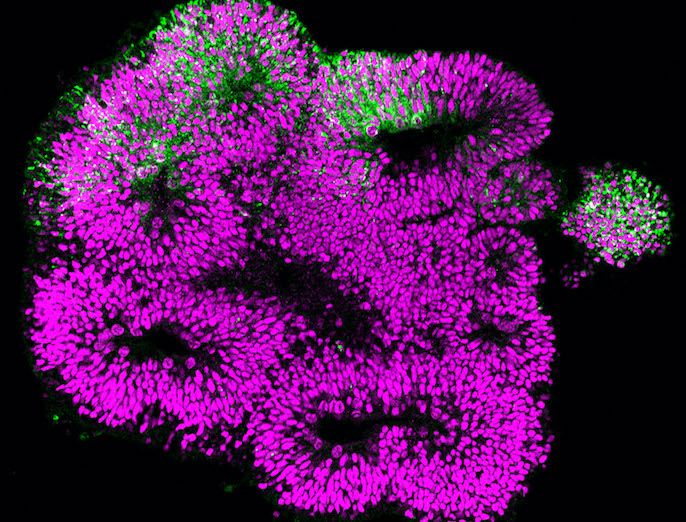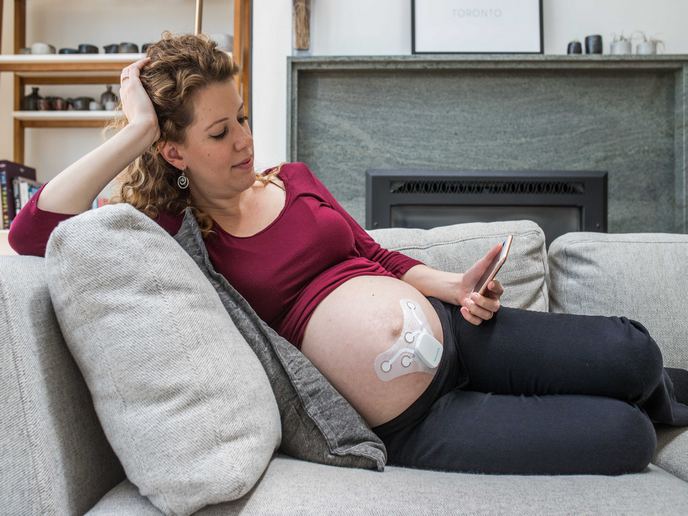Assessing health care for preterm births
Health professionals are faced with the challenge of providing the best access to intensive care for very preterm infants. These births are responsible for the most deaths and cases of severe handicap from the prenatal period. Thus, specialised care is vital for their survival and future quality of life. When very preterm babies are born in a maternity ward with neonatal intensive care, their chances of survival increase. Several countries have specialised prenatal units where these babies should be delivered. The problem, however, is that in most European countries, assessment of the care of these babies is not possible due to a lack of comparable data. Additionally, there is no clear consensus regarding the key structural features of a prenatal centre. In light of this public health issue, MOSAIC offers information regarding the place of very preterm births in terms of the structural characteristics of the maternity and neonatal units. Moreover, it covers the health outcomes of babies in regard to the different models of organisation. The results are necessary in acknowledging that European countries can accomplish mutual goals using different models of care and that research helps to identify the characteristics resulting in poor outcome. This information is of interest to health policy makers, regional governments, professional societies and clinicians alike.





